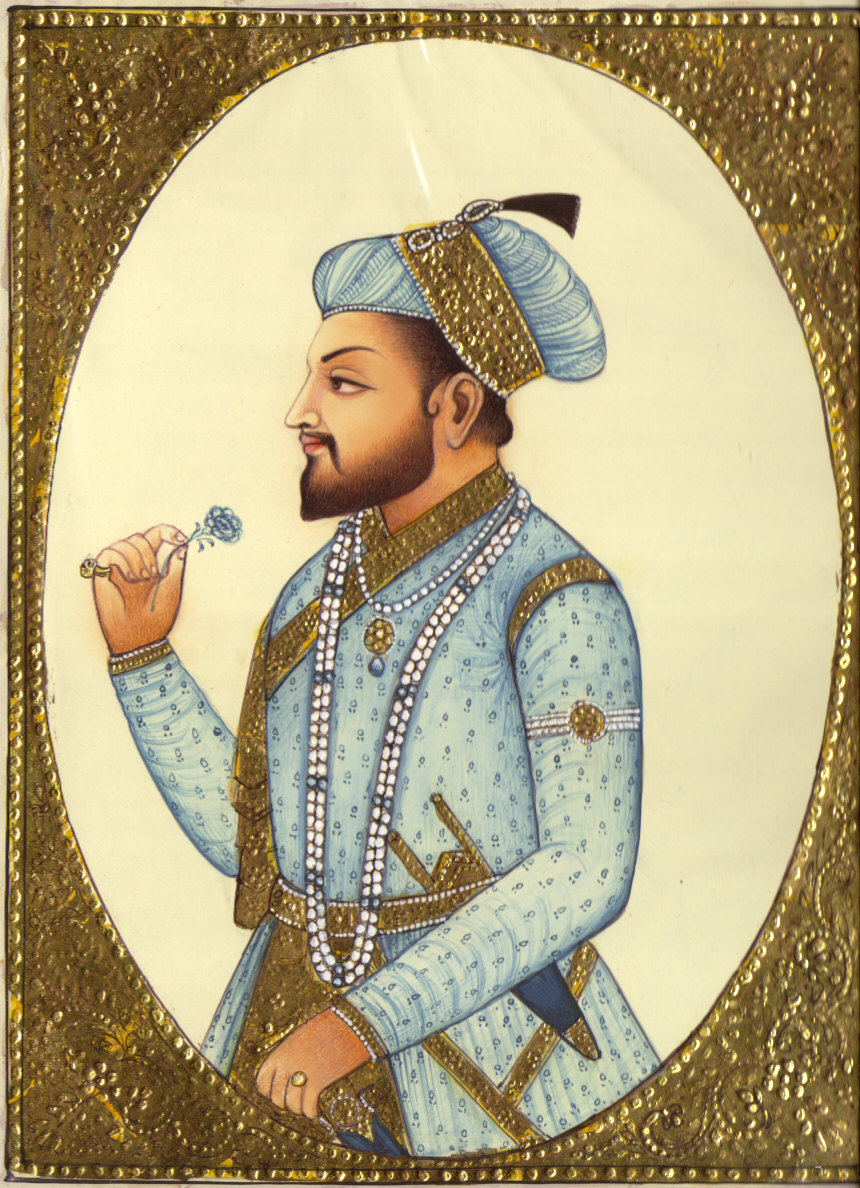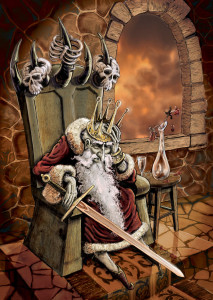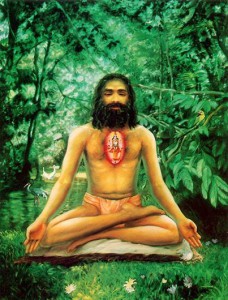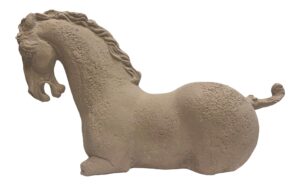IIn India, Emperor Shahjahan, a grand ruler known for his magnificent creations like the Taj Mahal, found himself betrayed and imprisoned by his own son, Aurangzeb. Driven by an insatiable hunger for power and wealth, Aurangzeb sought to control the entire kingdom, deeming his father a threat to his ambitions.
While in prison, Shahjahan, yearning for a sense of purpose and engagement, requested Aurangzeb to send him some students. He wished to pass his time by imparting knowledge to the young minds, hoping to find solace and joy in teaching.
Aurangzeb, however, scoffed at his father’s request. “Will you hear this fellow, my father? He has ruled over the kingdom for so many years, and even now he cannot give up his old habit of ruling. He still wants to rule over students; he wants somebody to rule over. He cannot give up his old habits,” Aurangzeb remarked disdainfully.
Moral of the Story
Old Habits Die Hard: The story of Shahjahan and Aurangzeb illustrates the enduring nature of habits. Shahjahan’s desire to teach, even while imprisoned, reflects his intrinsic need to lead and guide, habits ingrained over years of ruling an empire. Similarly, our own deeply ingrained habits are not easily shaken off.
The Nature of the True Self: Shahjahan, whose name means “Ruler of the World,” symbolizes the True Self, the Atman, which is the ruler of the universe within. Despite being confined to the prison of the body (the black-hole of our little self), the True Self retains its intrinsic nature. It yearns to express its boundless potential and sovereignty, unable to forget its true essence.
The Inherent Nature Cannot Be Suppressed: Just as Shahjahan’s nature to rule couldn’t be suppressed by imprisonment, the Atman’s nature to possess and encompass the whole cannot be subdued by physical confinement. The True Self, though confined within the limits of the body and mind, continually seeks to express its boundless and universal nature.
Lessons to Be Learned
- Recognize the Power of Habits:
- Understanding that deeply ingrained habits are hard to break can help us approach personal growth with patience and persistence. Real change requires sustained effort and conscious practice.
- Embrace the True Self:
- Acknowledge and embrace the nature of the True Self. Recognize that the Atman within us has infinite potential and seeks to express its true nature, despite the confines of the physical body and worldly limitations.
- Channel Intrinsic Qualities Positively:
- Like Shahjahan’s desire to teach even in imprisonment, we can channel our intrinsic qualities and habits in positive ways, finding constructive outlets for our inherent tendencies.
- Spiritual Realization:
- Realize that the True Self, the Atman, is the Emperor of the Universe. Even while navigating the material world, we should strive to connect with and express the boundless and eternal nature of our inner self.
- Transformation Through Awareness:
- While it may be impossible to completely eradicate intrinsic tendencies, awareness and understanding can transform how we express and manage them. Cultivating mindfulness and self-awareness can help us harness our true nature constructively.
Conclusion
The story of Shahjahan’s imprisonment by Aurangzeb serves as a profound metaphor for the enduring nature of the True Self. Despite physical and situational confinements, the intrinsic qualities and habits of the Self remain intact, continually seeking expression. By recognizing and embracing our true nature, we can navigate the challenges of life with greater awareness and purpose, ultimately connecting with the boundless potential of our inner Self.



